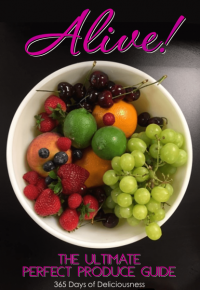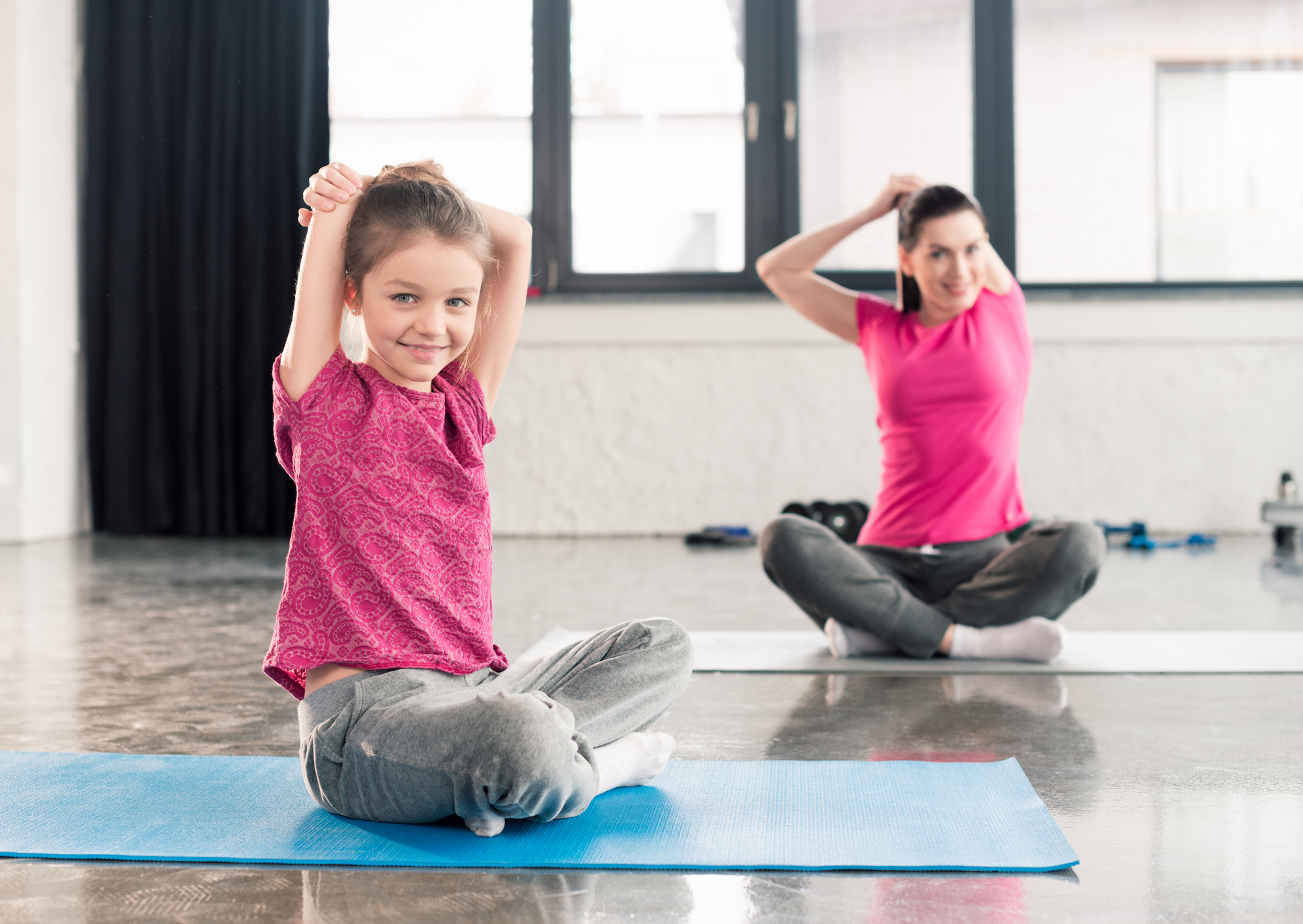Way back when I was a kid, I never understood the value of physical activity, exercise or fitness…. I never grasped the critical importance of nutritious food to fuel my body…. and I certainly never learned my ‘physical worth’ from a health perspective. That lack of fundamental understanding, created difficulties right throughout my childhood, adolescence and even into my very late 30’s. Being overweight (and at times, morbidly obese), dappled with multiple cycles of dangerously extreme dieting and exercise, did absolutely nothing to support my emotional, mental or physical health.
When I had my first child (not long prior to my 40th birthday), the importance of good health suddenly became crystal clear to me, and one of my greatest desires in my role as ‘mother’, is to model and teach my son the importance of good health as well.
I know what you’re thinking: “It’s so tough though…. our lifestyles are becoming more and more sedentary, ‘convenience foods’ are becoming more and more accessible, and health information is becoming more and more convoluted, contradictory and down-right confusing”!
That’s true…. but it doesn’t have to be tough for anyone to teach their kids the importance of good health!
Here’s my 3 best (and easiest) ways to entice our kids to embrace better health:

-
Establish and Model Active Routines:
Not only is it important to get in there and active with our kids, but so too, is taking dedicated time out for our own physical activity as well. It doesn’t have to be a complex workout or expensive activity…. it could be something as simple as doing some morning stretches together, walking them to school (or the bus stop), or taking the dog for a walk before dinner. The important point to note here, is that no matter what activity is choose, it needs to be fully integrated into the ‘normal daily routine’, rather than simply tacked on as an after-thought.
As parents, need to be active in our own right too, and model the behaviours that speak loudly and clearly, that good health is valuable! Whilst our kids may not physically see us in our huffy-puffy spin bike class, or playing in the local squash competition, talking to them about how much we enjoyed it, or how much we’ve improved over time, is important. When our children perceive exercise or sport as a ‘natural inclusion’ in adult life, they will be far more likely to continue their own physical activities and sports throughout their own lifetime.
-
Establish & Model Healthy Eating Patterns:
Food is food…. it nourishes our bodies and sustains life. Labelling certain foods as being either ‘good’ or ‘bad’ has the potential to create feelings of guilt and/or shame when the ‘bad’ food is consumed. Instead, simply acknowledge the nutritional ‘quality’ of foods (with fresh produce and wholefoods being the highest ‘quality’ because of their high nutrient density). By selecting (and supporting our kids to select) the foods with the highest nutritional quality, will help everyone’s health, rather than hinder it.
Praise the healthy choices of course, but also make allowances for the occasional ‘discretionary choice’ (eg: cake, ice cream, pizza etc). Restricting these foods too much may result in feelings of deprivation, which can lead to overeating or bingeing at the next available opportunity.
Approach food with a sense of curiosity and adventure by aiming to try a variety of different ingredients and recipes…. and get the kids in on the act as well. Talk to them about different foods when doing the groceries and allow them to select a new healthy ingredient to add to the trolley. Have fun in the kitchen together by trying to create delicious recipes for the entire family to try!

Open and natural conversations with our kids about mindful eating practices, levels of hunger and satisfaction and any physical symptoms that may be experienced after certain foods are consumed (such as nausea, stomach cramps, hyperactivity or tiredness, for example), is another great way to help establish and reinforce health eating patterns as well as a positive relationship with food.
-
Establish & Model Positive Thinking Styles:
When it comes to exercise and eating well, a lot of adults adopt a defeatist attitude and make all the excuses under the sun to avoid it. Children learn from parental cues and it doesn’t take them too long before they’re doing the same…. imagine how that’s impacting upon our National childhood obesity statistics!

It’s important for children to feel positive about their bodies and confident in their power to control their body composition, fitness levels, and ultimately their health. Gaining a solid grasp of the true and tangible value of good health is critical, so talk openly to them about all the unique qualities they bring to the world and about their potential to do amazing things throughout their lives. By assisting them to create that vision and drawing the direct connection between their ability to shine their light in the world and to achieve their full potential (which is essentially underpinned by good health), will motivate them to make positive health choices.
There’s no point trying to get our kids to play a sport they don’t enjoy either…. it could deter them from all other forms of physical activities as well. With a whole range of both team and individual sports and activities out there, encourage kids to approach the selection of their activity with a positive sense of curiosity and adventure here as well… and don’t forget… fun and friendship is a far more positive experience than competition and comparison.
__________
Written by: Cherie Rivas
Women’s Health & Wellness Mentor & Coach


Feel ALIVE! energized and capable of performing at your peak, by nourishing your body with real, fresh, living foods…. just the way that nature intended!
ALIVE! is the Ultimate Perfect Produce Guide…. listing what’s in season (in a month-by-month format), as well as loads of great information and feature recipes.
Get your FREE COPY here:
C.
xx
You might also like to read:









